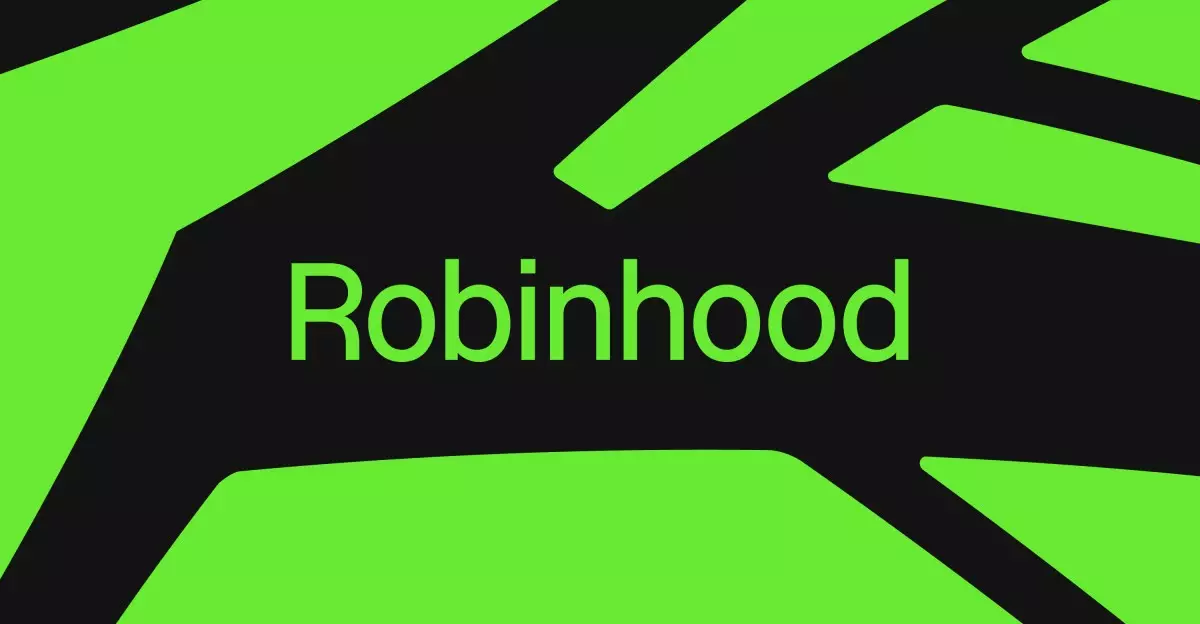In an era where financial technology is reshaping the landscape of personal finance, Robinhood is taking a significant step forward by introducing a comprehensive online banking service tailored for its Gold subscribers. This new initiative, Robinhood Banking, is set to launch in the fall and promises to redefine the relationship users have with their finances. The move is not merely an increment in services but rather a bold leap toward transforming Robinhood into a holistic financial platform, challenging traditional banking paradigms along the way.
Powerful Features and Promises
One of the standout features of Robinhood Banking is the enticing 4% annual percentage yield (APY) that it plans to offer users. This figure is substantially higher than what most traditional banks provide, making Robinhood not just an investment tool but a genuinely competitive banking alternative. By partnering with Coastal Community Bank, Robinhood ensures that its offerings, while not directly from an FDIC-insured institution, are backed by a credible safety net. Through this unique setup, users can feel secured knowing their funds are insured, albeit in a pass-through manner. However, this model raises questions about reliability and how it might hold up against the regulations and challenges that conventional banks face.
Additionally, the introduction of cash delivery services directly to customers’ homes is a fascinating twist in the banking narrative. In a world where convenience is paramount, Robinhood’s commitment to bringing cash right to your doorstep could prove disruptive—not only for traditional banks but also for other neobanking platforms. Nevertheless, the execution of this initiative remains to be seen; the effectiveness and efficiency of a cash delivery system will play a critical role in attracting and retaining customers.
An All-encompassing Financial Ecosystem
Robinhood’s vision for a comprehensive financial ecosystem continues to materialize with the launch of Robinhood Strategies, a wealth management platform aimed at providing users with access to curated investment opportunities. This service extends beyond just simple stock trading—it offers actively managed options that aim to increase returns while maintaining responsible risk management. Nevertheless, with a management fee of 0.25%, debates about the value proposition arise. Users must weigh whether the benefits and insights offered justify the costs, especially given the zero-commission trading model that initially brought many to the platform.
Moreover, the anticipated AI-driven investment tool, Cortex, is another gem in Robinhood’s arsenal. By harnessing the capabilities of artificial intelligence, Cortex aims to furnish Gold subscribers with market analyses and insights that could empower smarter trading decisions. However, the question remains: can an AI genuinely mirror the nuanced understanding of human experience and market sentiment? The success of this tool may hinge on its ability to integrate and contextualize complex financial data in a way that is easily digestible for the average investor.
Challenging the Old Guard
Deepak Rao, Robinhood Money’s General Manager, asserts that the platform’s objective is to tackle the myriad challenges posed by traditional banking. While the ambition is commendable, we must consider whether Robinhood’s approach is indeed a genuine improvement over legacy systems or merely a repackaging of existing offerings. For instance, the lack of physical locations could deter users who value face-to-face interactions in banking. This challenge presents Robinhood with the opportunity to innovate and find ways to build trust without physical presence.
Moreover, as the online banking sector becomes increasingly saturated with competitors, Robinhood’s challenge is to distinguish itself and maintain a loyal clientele. This involves not just delivering services efficiently, but also building a community around transparency, customer support, and user engagement.
As Robinhood gears up for this ambitious expansion, the financial community watches closely. Will it succeed in its quest to disrupt the banking status quo, or will it find itself tangled in the very complexities it seeks to simplify? The answers will not only determine Robinhood’s future but might also set new benchmarks in the FinTech industry.

